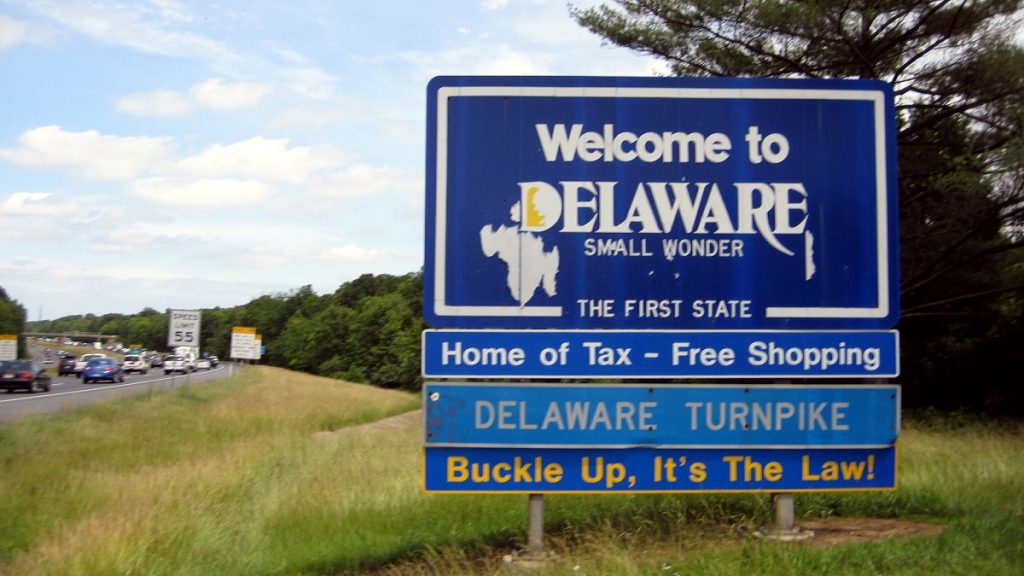The question posed by former Italian Prime Minister Mario Monti, “Where’s Europe’s Delaware?”, highlights a critical gap in the European Union’s framework: the absence of a unified, streamlined, and business-friendly legal environment comparable to the US state of Delaware. Delaware’s success stems from its specialized Court of Chancery, which efficiently handles complex corporate disputes with expert judges, predictable legal precedent, and a rapid resolution process. This legal infrastructure attracts corporations from across the US, fostering a competitive business landscape and contributing significantly to Delaware’s economy. Monti’s question, therefore, underscores the EU’s need for a similar jurisdiction that can offer a stable and predictable legal environment to attract investment, facilitate cross-border business operations, and enhance the competitiveness of the single market.
The lack of a “European Delaware” creates several challenges for businesses operating within the EU. Currently, companies face a fragmented legal landscape with varying regulations and legal traditions across member states. This complexity leads to increased legal uncertainty, higher transaction costs, and difficulties in resolving cross-border disputes. Businesses often struggle to navigate the diverse legal frameworks, which can hinder investment, innovation, and growth. Moreover, the absence of a specialized business court system akin to Delaware’s Court of Chancery can prolong legal proceedings, increasing costs and deterring businesses from pursuing litigation. This fragmentation ultimately undermines the efficiency and effectiveness of the single market, limiting its potential to compete on a global scale.
Developing a “European Delaware” requires addressing several complex issues. Firstly, selecting a suitable jurisdiction and establishing a specialized court with expert judges well-versed in corporate law is crucial. This court should operate independently, free from political influence, to ensure impartiality and maintain the integrity of its decisions. Secondly, harmonizing corporate law principles across the EU is essential to create a predictable and consistent legal framework that businesses can rely upon. This harmonization effort should focus on key areas such as corporate governance, mergers and acquisitions, and insolvency proceedings. Standardized legal principles would reduce the complexity of cross-border transactions and promote greater legal certainty for businesses operating within the single market.
Furthermore, creating a “European Delaware” requires establishing clear and efficient procedures for resolving cross-border disputes. This includes streamlining jurisdictional rules, simplifying cross-border litigation procedures, and promoting alternative dispute resolution mechanisms, such as arbitration and mediation. Efficient dispute resolution mechanisms are crucial for fostering a business-friendly environment and attracting foreign investment. Delays and uncertainties in legal proceedings can deter investors and create barriers to cross-border economic activity. A streamlined dispute resolution system would enhance the efficiency of the single market and promote greater confidence in the EU’s legal framework.
Beyond the legal infrastructure, creating a “European Delaware” necessitates fostering a culture of legal expertise and specialization. This involves investing in training and education for judges, lawyers, and other legal professionals to ensure they have the necessary knowledge and skills to handle complex corporate matters. Developing a specialized legal profession with a deep understanding of corporate law is essential for creating a high-quality legal environment that can attract and retain businesses. Furthermore, promoting research and scholarship in corporate law can contribute to the development of a robust and sophisticated legal system, similar to the environment fostered by Delaware’s long-standing focus on corporate law.
In conclusion, the quest for a “European Delaware” represents a significant undertaking with the potential to transform the EU’s business landscape. By establishing a specialized court system, harmonizing corporate law principles, streamlining dispute resolution mechanisms, and fostering a culture of legal expertise, the EU can create a more attractive and competitive environment for businesses. This, in turn, can stimulate investment, innovation, and economic growth, ultimately strengthening the single market and enhancing its position in the global economy. The challenges are substantial, requiring political will and cooperation among member states, but the potential rewards of a more integrated and efficient legal framework for businesses are equally significant. The creation of a “European Delaware” would not only address the concerns raised by Monti but also contribute to a more dynamic and prosperous European economy.

